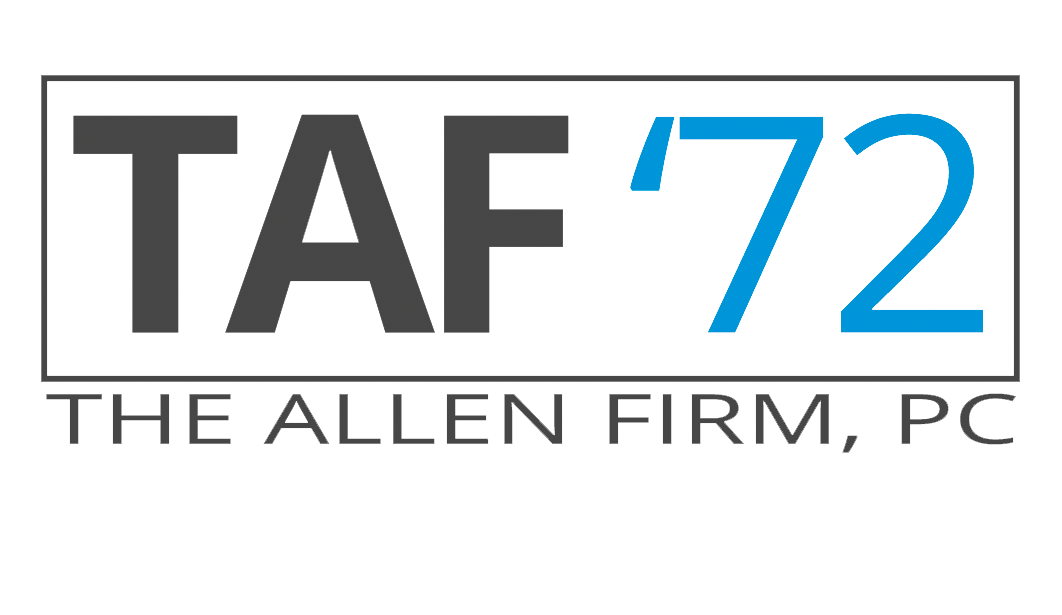FAQs About Trusts
What is a Trust?
Answer: A trust is an agreement which allows the trust-maker, known as the grantor or settlor, to put conditions on how they want their property managed and distributed.
Who are a beneficiary and a trustee?
Answer: The trust is held for a beneficiary, who receives property held in the trust. The trust is managed and protected by a trustee. The trustee makes sure that the property, including money, real estate, bonds and more (more on this later), is kept secure and properly managed until it is given to the beneficiary.
What kind of property can be in my Trust?
Answer: The property inside a trust can be whatever the grantor chooses. This property can be placed in the trust before (an inter vivos trust) or after (a testamentary trust) the grantor dies. This property could be money, real estate, bonds, furniture, anything!
What powers does a trustee have?
Answer: The trustee holds whatever powers the grantor gives them in the trust document and powers given to them by under Texas law. While using a power given to them, a trustee must always use proper judgment of what is best for the trust. Here is a list of some of the major powers the trustee has:
-Power to receive, from any source, additions to the property of the trust.
-Power to temporarily deposit trust funds in a bank while they are being held for a pending investment, distribution, or payment of debts.
-Power to invest in, continue, or participate in any business.
-Power to manage, sell, and lease the property of the trust.
-Power to enter into a mineral transaction, such as creating an oil and gas lease.
-Power to pay taxes on the trust.
-Power to pledge property, use property as credit, or borrow money from the trust as necessary for the administration of the trust.
-Power to manage any securities, such as stocks and bonds, included in the property of the trust.
-Power to employ others, such as an attorney, as necessary in administration of the trust.
-Power to make decisions regarding claims against the trust.
-Power to abandon property the trustee considers burdensome or worthless.
-Power to make distributions, required by the trust, to a beneficiary who is a minor or incapacitated.
-Power to allow beneficiaries to use any real estate included as property in the trust.
-Power to use the trust to provide funeral expenses for a beneficiary upon their death.
What is the difference between an “inter vivos trust” and a “testamentary trust”?
Answer: A living or “inter vivos” trust is made during the grantor’s lifetime, while a “testamentary trust” starts after the grantor’s death and often times it is created in a will.
How much control can I keep over my property if I put it in a Trust?
Answer: The amount of control the grantor has over a trust depends on whether the trust is revocable or irrevocable and whether the grantor serves as the trustee. The grantor has more control over a revocable trust because the trust can be changed or revoked. Once the grantor dies, a revocable trust automatically becomes irrevocable. A grantor can also choose to make a trust irrevocable. An irrevocable trust is one that cannot be altered, changed, or revoked. This means that once the grantor creates the trust, he has lost control over it.
Do I have to file a separate tax return if I create a Trust?
Answer: This answer depends on one major factor: whether the trust has income for the tax year of $600 or more. Thus, if the trust distributes all the property the trust doesn’t have to file a tax return.
What is income from a Trust?
Answer: Income from a trust could be rent from leasing any property in the trust, dividends from stocks, interest on bank accounts, or anything additional property added to the trust. In some cases, a revocable trust never has to file a separate tax return because the grantor is still alive and the property of the trust must be included in the grantor’s tax return. But, if the trust is irrevocable, then a separate tax return needs to be filed (unless excluded by the factors mentioned above). In addition, a separate tax return must always be filed if one of the beneficiaries is a nonresident alien.
What are the main benefits of having a Trust?
Answer: There are many reasons to create a trust. The main motives are estate tax planning, directing how you want your property distributed, and avoiding probate. First, certain trusts allow the property to avoid estate and probate taxes. A trust does this because when the property is put in the trust, the grantor doesn’t technically own it anymore. Thus, the property can’t be taxed when the grantor’s estate is probated when the grantor dies. Second, a trust allows the grantor to direct how the property will be distributed and how it can be used. This means that the grantor could stipulate that the beneficiary won’t receive the property until they reach 18, only release a certain amount of property each year or specify that is be used for educational purposes. Finally, having a trust may help avoid probate by removing the property from the grantor’s estate prior to death. It also helps ensure that the beneficiary doesn’t have to wait for the probate process to be over to receive the benefits of the property. Probate occurs when the court authorizes distribution of the deceased’s property and settlement of any debts and obligations.
TAKEAWAY: Trusts have a lot of benefits if set up correctly. If you plan on creating a trust, the major takeaway would be to pick the right trustee. As you’ve read, the trustee holds a lot of power over the trust. You must make sure that the trustee you pick is honest, knowledgeable, and understands your intentions.
– The Business Team
Scott | Josh | Jeremy
